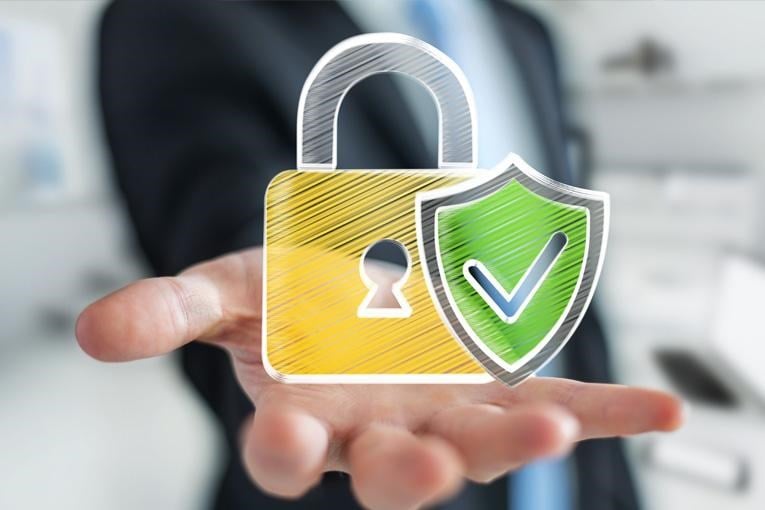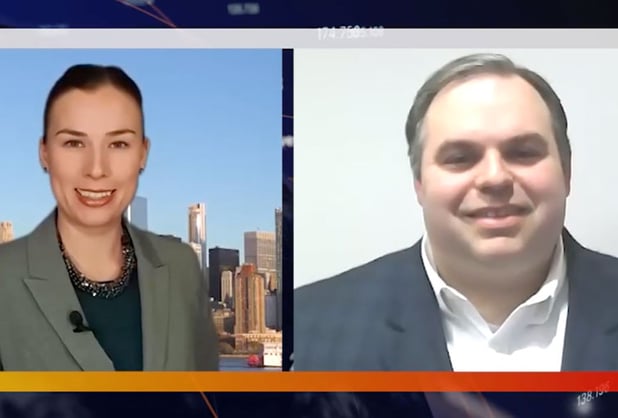- Home
- It's All About Community
- Chesapeake Bank Blog
- Protect yourself from Coronavirus scams

Protect yourself from Coronavirus scams
The best way to prevent fraud is to stay informed, aware, and on top of your finances. The nature of fraud is to deceive, so it's often difficult to recognize when you've gotten involved in a fraudulent situation. Unfortunately, getting out of the resulting mess can be made more difficult by the false, missing, or misleading paper trails that fraud may leave in its wake.
Precautions
If you have to give out your name, credit card number, or Social Security number (or you've had them stolen), others can use that information to assume your identity, spend your money, or make you liable for debts or charges. Unfortunately, almost 18% of Americans have been subject to ATM, debit, or credit card fraud, according to The Pew Research Center.
With credit cards in particular, your cash liability is limited and relatively easy to resolve. For instance, both Visa and Mastercard have created zero-liability policies, so you're protected in cases of identity theft. But your creditors may assume you are at fault for unpaid bills until you can prove otherwise. That takes time, as does straightening out the records. And you may have to reestablish downgraded credit ratings. To prevent that, keep the following tips in mind:
- Be very cautious about giving people — even friends — your key numbers and information, since they might be less careful than you.
- Don't make theft easy — choose unique PINs, and avoid using your Social Security or other easily identifiable number combinations.
- Don't write PINs on cards or keep them in your wallet.
- Check your credit card bills carefully to be sure you authorized all of the charges.
- If you do lose your cards or codes, make sure you have a list of the relevant numbers in a secure place, along with ways to invalidate missing cards, passwords, and other important information.
- Written or printed records or notes can be found by anyone, so make sure you tear up receipts before you throw them away.
Internet Fraud
Complaints of online fraud have been on the rise for several years. But you can escape the fraud trap by being clear about who you're working with, what you're being offered, and when and how you can get out of any quick commitments. Hard sells that demand instant action or payment should be treated with caution.
One way to ensure your safety is to evaluate any online pitches very carefully. If something seems too good to be true, it may very well be.
Telemarketing
You're probably familiar with phone calls offering you free trips, discounted magazine subscriptions, and other special offers. These calls are the most common form of telemarketing, and they're extremely common in the US. Many telemarketing calls are completely legitimate. But according to the National Consumers League, at least 92% of Americans have received a fraudulent telemarketing call—and older women are often the targets.
How do you avoid illegal telemarketing schemes? First, try to deal only with companies you're familiar with or have done business with in the past. If you get a call from a company you don't know, ask them to send you information in the mail regarding their products or the specific offer. Before you agree to buy anything over the phone, it's a good idea to have the offer in writing.
And, perhaps most importantly, experts advise that you don't give out the following information over the phone to anyone except companies you trust, and only for necessary transactions. Chesapeake Bank will never contact you and ask for this information:
- Bank account information
- Credit card numbers
- Social Security number
If you receive a telemarketing call that you suspect is fraudulent, you can report it to the Federal Trade Commission (FTC) by filing a consumer complaint form. For more information, you can call the FTC at 1-877-FTC-HELP.
Your Financial Adviser
Most financial advisors, like Chesapeake Wealth Management, want to help you achieve your goals and are willing to answer any questions you have about their advice. But some advisers may be impatient, pressuring, or simply dishonest. It's possible that they can work against you by:
- Not executing transactions you specifically request
- Trading to increase their commissions but not your investment portfolio growth
- Making impossible promises or giving you misleading information
The best defense is to keep close tabs on your accounts to be sure you've authorized every transaction. If you have a complaint, spell it out in writing, first to your adviser and perhaps your adviser's supervisor. And always keep a copy.
Next Steps
If you want to learn more about fraud and how it can affect your financial security, check out the National Consumer League’s Fraud Information Center's website at Fraud.org. We also offer ID Theft Protection to our customers at Chesapeake Bank. You can visit our page or complete the form below for more information.
**Disclaimer
While we hope you find this content useful, it is only intended to serve as a starting point. Your next step is to speak with a qualified, licensed professional who can provide advice tailored to your individual circumstances. Nothing in this article, nor in any associated resources, should be construed as financial or legal advice. Furthermore, while we have made good faith efforts to ensure that the information presented was correct as of the date the content was prepared, we are unable to guarantee that it remains accurate today.
Neither Banzai nor its sponsoring partners make any warranties or representations as to the accuracy, applicability, completeness, or suitability for any particular purpose of the information contained herein. Banzai and its sponsoring partners expressly disclaim any liability arising from the use or misuse of these materials and, by visiting this site, you agree to release Banzai and its sponsoring partners from any such liability. Do not rely upon the information provided in this content when making decisions regarding financial or legal matters without first consulting with a qualified, licensed professional.
-
Categories
Posts by Topic
- Business (98)
- It's All About Community (73)
- Personal Finance (70)
- CFS News (49)
- Employees (46)
- Northern Neck (37)
- Middle Peninsula (34)
- Chesapeake Payment Systems (27)
- Richmond (26)
- Williamsburg (20)
- Fraud & Security (17)
- Home Buying (12)
- Chesapeake Wealth Management (11)
- Flexent (11)
- Customer Testimonials (7)
- COVID-19 (6)
- Chesterfield (5)


